Menu
Trees are silent giants in our environment that require proper care to thrive. One of the most crucial aspects of their care is watering. Watering trees may seem straightforward, but some specific methods and techniques ensure they receive the hydration they need without causing harm. As a reputable tree care company, Driscoll Tree Service can provide guidance and pertinent information to ensure your yard remains lush and appealing. Here's a guide to the best way to water trees without compromising health and longevity.
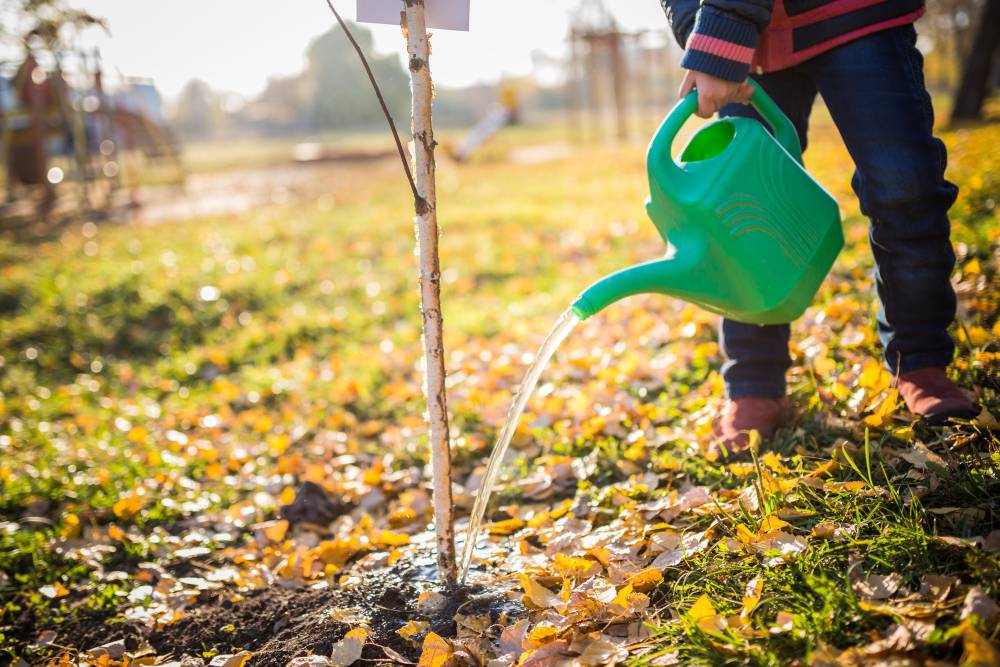
Different trees have varying watering needs depending on their age, species, and the environment in which they grow. Young trees often have shallow root systems that require more frequent watering than established trees. On the other hand, mature trees have deep and extensive roots that can go longer between watering sessions. Understanding these differences is crucial, as it allows you to tailor your watering practices, ensuring healthy growth without risking premature tree removal emergencies.
Surface watering is tempting, especially when you see dry soil around the base of a tree. However, trees benefit most from deep watering, encouraging roots to grow deeper into the soil. Tree service professionals recommend deep watering, which involves soaking the soil to a depth of at least 12 to 18 inches so that the water reaches the tree's root zone. This method helps the tree develop a robust and extensive root system, making it more resilient to drought and other stressors. A slow trickle from a hose or soaker hose can achieve this, allowing water to penetrate deep into the ground without running off.

Mulching goes a long way to ensure proper watering. By spreading a layer of organic mulch, such as wood chips or bark, around the tree's base, it goes a long way to maintain moisture in the soil. Mulch reduces evaporation and keeps the soil cool. It also prevents weed growth, which can compete with the tree for water. When applying mulch, it's essential to avoid piling it against the trunk, as this can lead to rot, infections, and tree removal emergencies. Certified arborists can ensure suitable mulch material and thickness, mitigating evaporation or water damage.
When you water your trees, it is just as important as how you water them. The best time to water trees is in the early morning or late evening when temperatures are more relaxed and evaporation rates are lower. Watering during these times ensures more water reaches the tree's roots rather than evaporating in the day's heat. In addition, this timing helps to prevent fungal diseases, which thrive in the damp conditions of nighttime if the leaves remain wet for too long. If you prefer a more hands-off approach, hire a tree care company to tailor a maintenance plan that aligns with your plants' needs.
Overwatering is a common mistake that can harm trees as much as underwatering. It can lead to root rot, suffocation of the roots, and other issues. Signs of overwatering include yellowing leaves, poor growth, and soggy or foul-smelling soil around the tree's base. To avoid overwatering, check the soil moisture before watering. If you require professional expertise, hire a simple tree service provider to test this and recommend effective solutions.
Watering trees might seem simple, but it requires attention to detail and understanding their needs. By practicing the tips mentioned, you can ensure your trees remain healthy and robust. Contact us at Driscoll Tree Service and schedule a consultation with our arborists to implement these techniques effectively and provide long-term health and resilience.
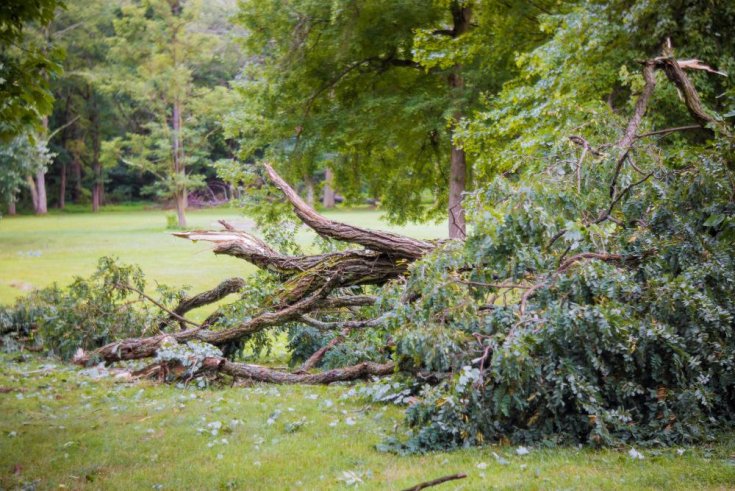
Who is Responsible for a Fallen Tree? Healthy and well-cared-for trees can be a valuable asset to your property, enhancing its beauty and value. However, the natural world can sometimes be unpredictable, and when a tree or large branch falls,…
Read More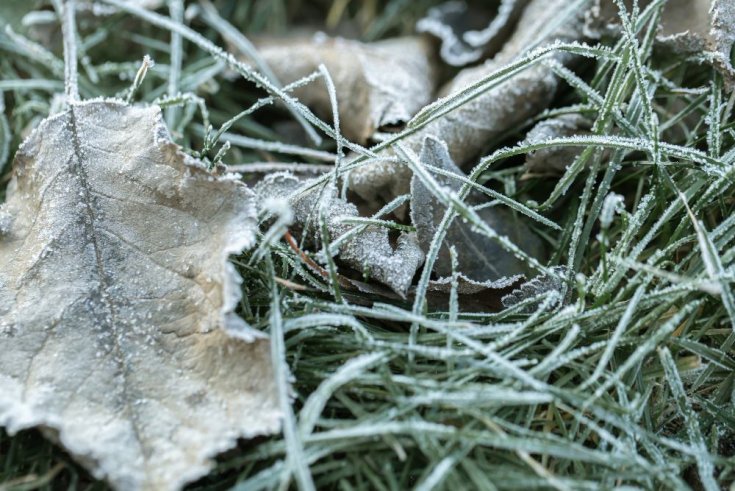
Protecting Trees from Freeze-Damage As winter approaches, one of the primary concerns for homeowners and garden enthusiasts is protecting their trees from freeze damage. Cold temperatures, frost, and freezing conditions can cause irreparable harm and costly tree removal emergencies. As…
Read More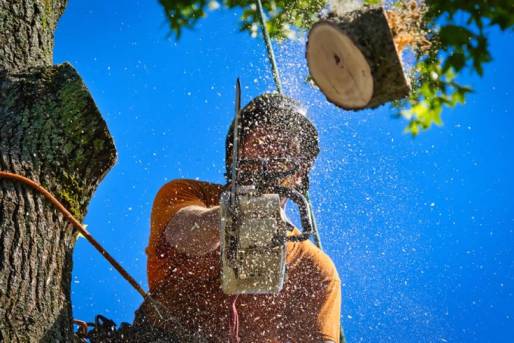
How to Find a Reliable Tree Service Company Trees are incredible ornaments that beautify the landscape and increase the value of properties. They can also provide fruits and much-needed shade as well as protection from high winds. Unhealthy and disheveled…
Read More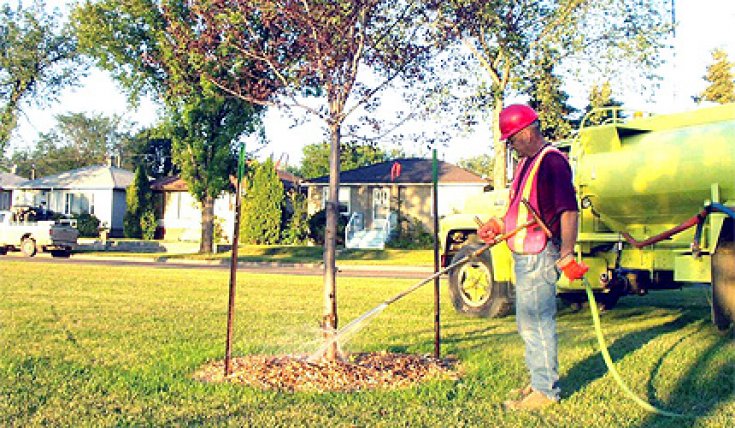
Three Signs You Are Overwatering Your Trees Are you having a problem with your trees? Driscoll Tree Service can help to inspect every tree in your yard and recommend solutions to maintain healthy and robust trees. A common tree problem…
Read More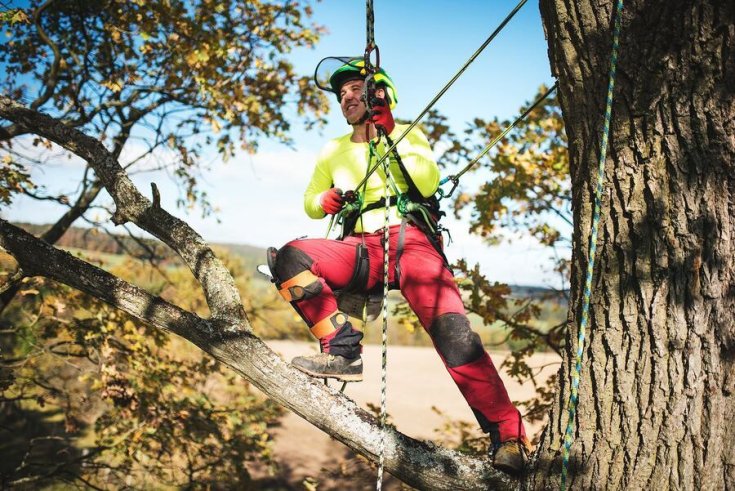
Top Signs You Need an Arborist to Inspect Your Trees Most of us love the trees on our property because they offer shade, beauty, privacy, and even fruit in some cases! Despite our appreciation, how well do we really understand…
Read More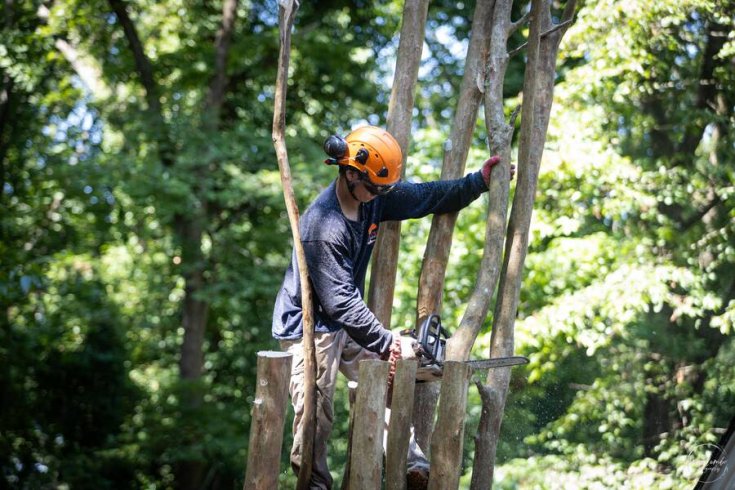
Trees are a major part of our landscape and lifestyle in Metro Atlanta and the surrounding areas. They provide shade, boost curb appeal, and even raise property value. But like anything else on your property, they need regular care. Tree…
Read More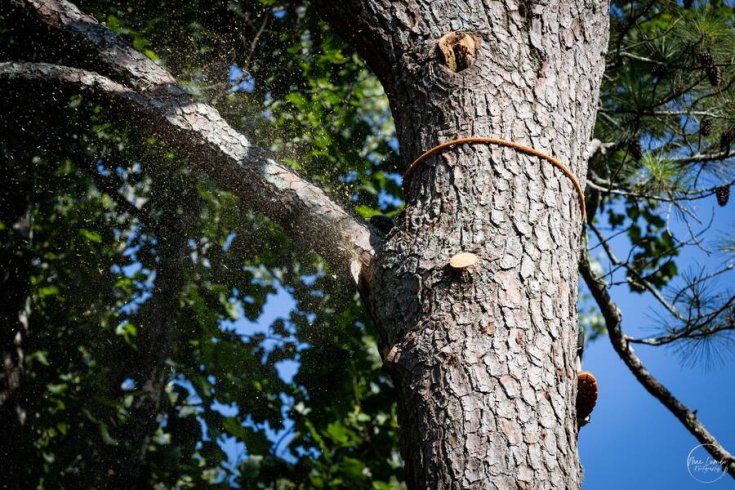
5 Essential Tips for Emergency Tree Removal Trees provide shade, beauty, and a habitat for wildlife. They also convert the carbon dioxide we breath out into fresh oxygen. However, there are times when their removal becomes unavoidable. Whether it's due…
Read More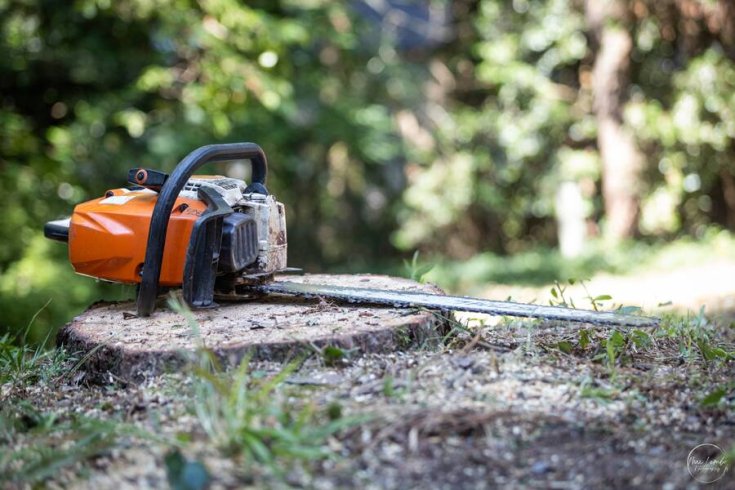
If you’ve ever stood in your yard and looked up at a big ole tree, then you know the mix of feelings it can stir. On one hand, that tree has probably given your home shade, beauty, and maybe even…
Read More
Best Trees for Fence Lines Fence lines often provide an excellent opportunity to enhance the beauty and privacy of your property. However, choosing suitable trees to plant along these boundaries requires special consideration to improve the aesthetics and functionality of…
Read More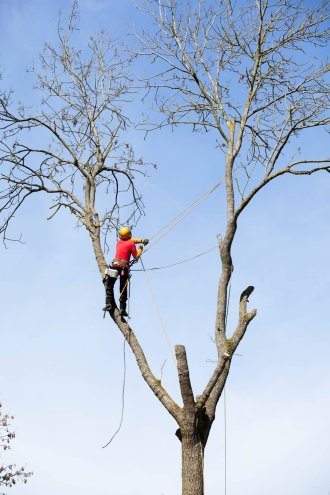
Trees are some of the most beautiful and beneficial parts of any outdoor space. It’s hard not to appreciate their tall branches, fluttering leaves, and calming presence. They offer us oxygen, shade, privacy, and - in some lucky cases -…
Read More